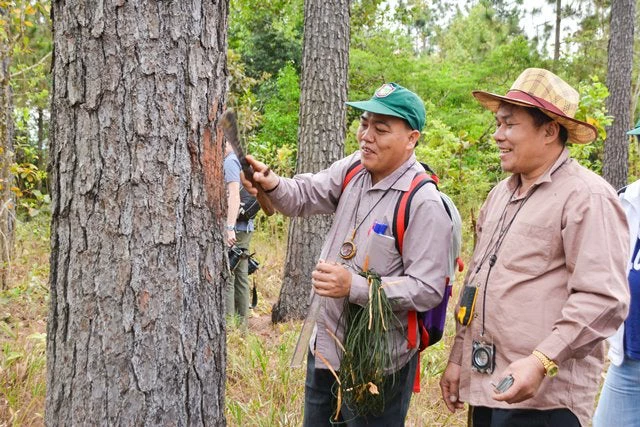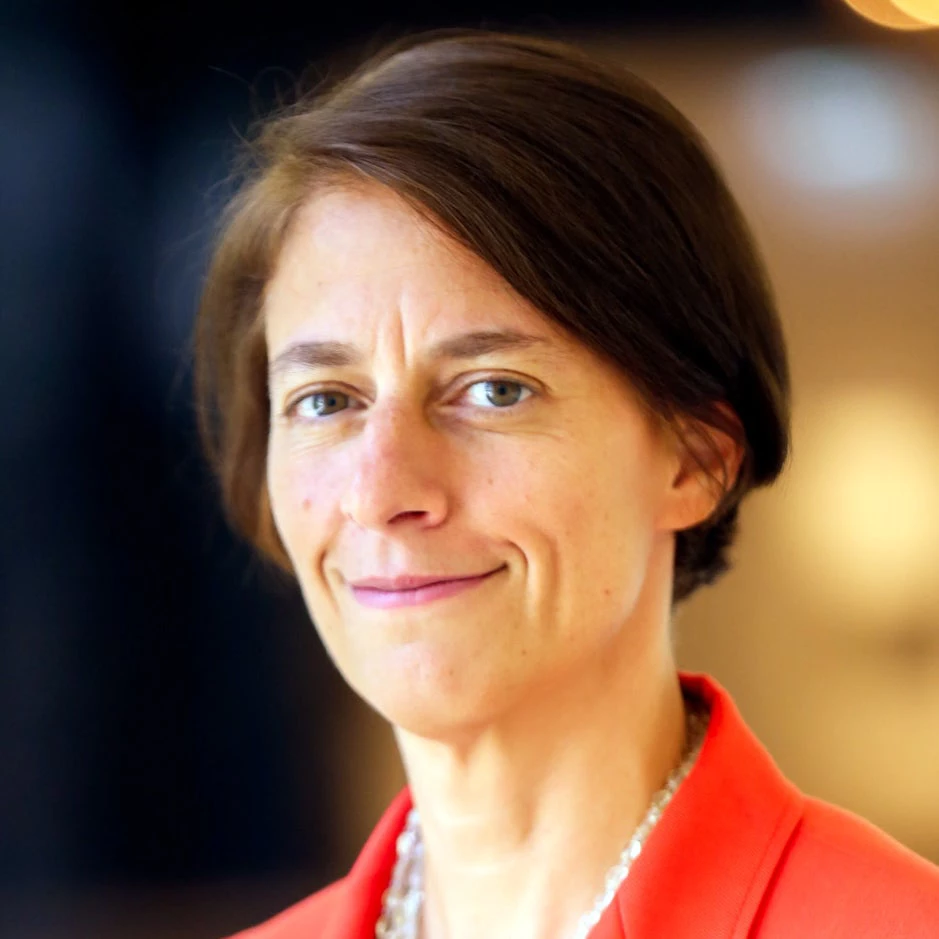
If ever there was a year to make significant progress on forest conservation and climate change, it was 2016. Coming on the heels of the historic COP21 Paris Agreement, 2016 was a year to demonstrate the commitment the World Bank Group has to support countries as they take forward their nationally determined contributions to address our global climate change challenge. It’s gratifying to look back on 2016 and feel that we contributed to harnessing this momentum and sense of urgency; especially in showing how sustainable land use, including sustainable forest management, is critical to achieving the ambitious targets set out in the Paris Agreement.
Countries are leading the way
Country-level progress this year on forest conservation and sustainable landscapes was inspiring.
Chile, Ghana, Mexico, Nepal, and Republic of Congo are ready to implement ambitious strategies to reduce deforestation and forest degradation while enhancing their forest carbon stocks—efforts commonly referred to as REDD+. Each of these countries had their REDD+ readiness packages endorsed in 2016 by the Forest Carbon Partnership Facility Readiness Fund. The Fund also endorsed additional support for Cambodia, Cote d'Ivoire, Madagascar and Nicaragua.
Once countries are “REDD+ ready”, they can move into implementation with further support from FCPF’s Carbon Fund. In June, Costa Rica and the Democratic Republic of Congo (DRC) became the first countries to present large-scale emission reduction programs to the Carbon Fund. These are ground-breaking programs that open the door to some of the first performance-based payments for reduced emissions in their countries. And just this week, Chile and Mexico followed suit. Having surpassed $1 billion in fund capital in 2016, confidence in the FCPF is as strong as it’s ever been.
With support from the World Bank Group’s BioCarbon Fund Initiative for Sustainable Forest Landscapes (ISFL), Colombia, Ethiopia and Zambia also made significant progress in 2016. Ethiopia finalized its ISFL program design for Oromia state, which includes 6.5 million hectares of vulnerable forest. Colombia prepared an ISFL program for its Orinoquía region to help sustainably manage this area’s precious wetlands, grasslands and forests. And Zambia set up an ISFL program in its Eastern Province to focus on improving land use planning, climate-smart agriculture, rural energy generation, and regulations to enhance the sustainable management of forests and wildlife.
Forest stakeholders are more skilled, more engaged
With all this new support, it was important in 2016 to step up capacity building, so that countries have the financial and technical resources to move plans into action. In April, FCPF kicked off a successful regional training series on technical forest monitoring in Thailand, and continued the series in Peru in July, and Ethiopia in September. FCPF also supported a unique south-south exchange between Mexico and Ethiopia in June, to facilitate learning on approaches to community-led forestry initiatives, forest restoration, payment for environmental services, and emission reduction program design and implementation.
Capacity building was also at the heart of our engagement with indigenous people and local communities (IPLCs). In October, more than 60 participants from 29 countries attended a global workshop hosted by the World Bank Group’s Climate and Forest Funds in Washington, D.C. to discuss IPLC engagement in the design and implementation of landscape-level programs involving payments for reduced emissions.
Earlier in the year, alongside the United Nations Permanent Forum on Indigenous Issues in New York, FCPF greenlit Phase II of its Capacity Building Program for Forest-Dependent Peoples and Southern Civil Society Organizations, which provides innovative grants directly to IPLCs in support of forest conservation and climate change efforts.
New global initiatives and partnerships deliver big wins for forests
The World Bank Group’s Climate and Forest Funds are part of a growing public, private and civil society movement across the globe to reduce deforestation and increase forest cover while improving the livelihoods of forest stakeholders. And perhaps the best example of this came in October, when ISFL partnered with the Bank Group’s private sector arm, the International Finance Corporation (IFC), along with coffee company Nespresso and international non-profit TechnoServe to improve sustainable coffee production in Ethiopia's Oromia region. This model of direct global-to-local support has tremendous potential to improve livelihoods while mitigating climate change.
Initiatives like Ethiopia’s sustainable coffee project dovetail perfectly into the World Bank Group’s new Climate Change Action Plan and Forest Action Plan, both launched in April of this year. The Climate Change Action Plan is a five-year road map to help countries deliver on their national climate change targets, and the Forest Action Plan aims to scale up investments in “forest-smart” programs that take a holistic approach to landscape management.
Looking Ahead
On the cusp of 2017, we have every reason to feel as motivated as we did a year ago. Building on the progress of this past year, FCPF’s Readiness and Carbon Funds, as well as ISFL will now focus on supporting countries to put into action the plans and programs they presented in 2016. ISFL will also work on developing a first-of-its-kind carbon accounting approach that will help to write the rule book on how to account for results-based payments for emission reductions from agriculture, forestry and other land use.
These are complex initiatives that require creative solutions, balancing competing interests, and ultimately a lot of conviction to see through plans that don’t necessarily produce results overnight.
We remain up for the challenge. How about you?


Join the Conversation